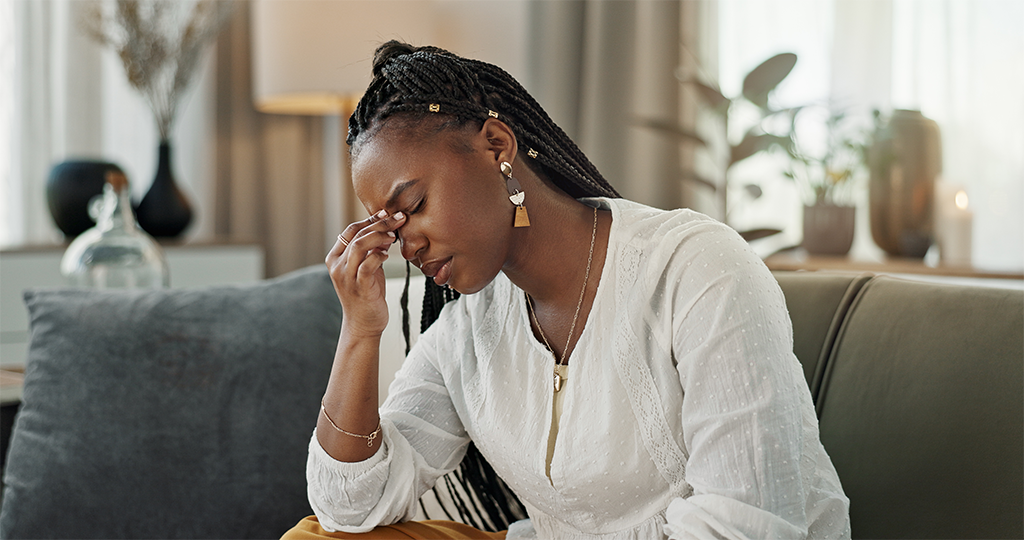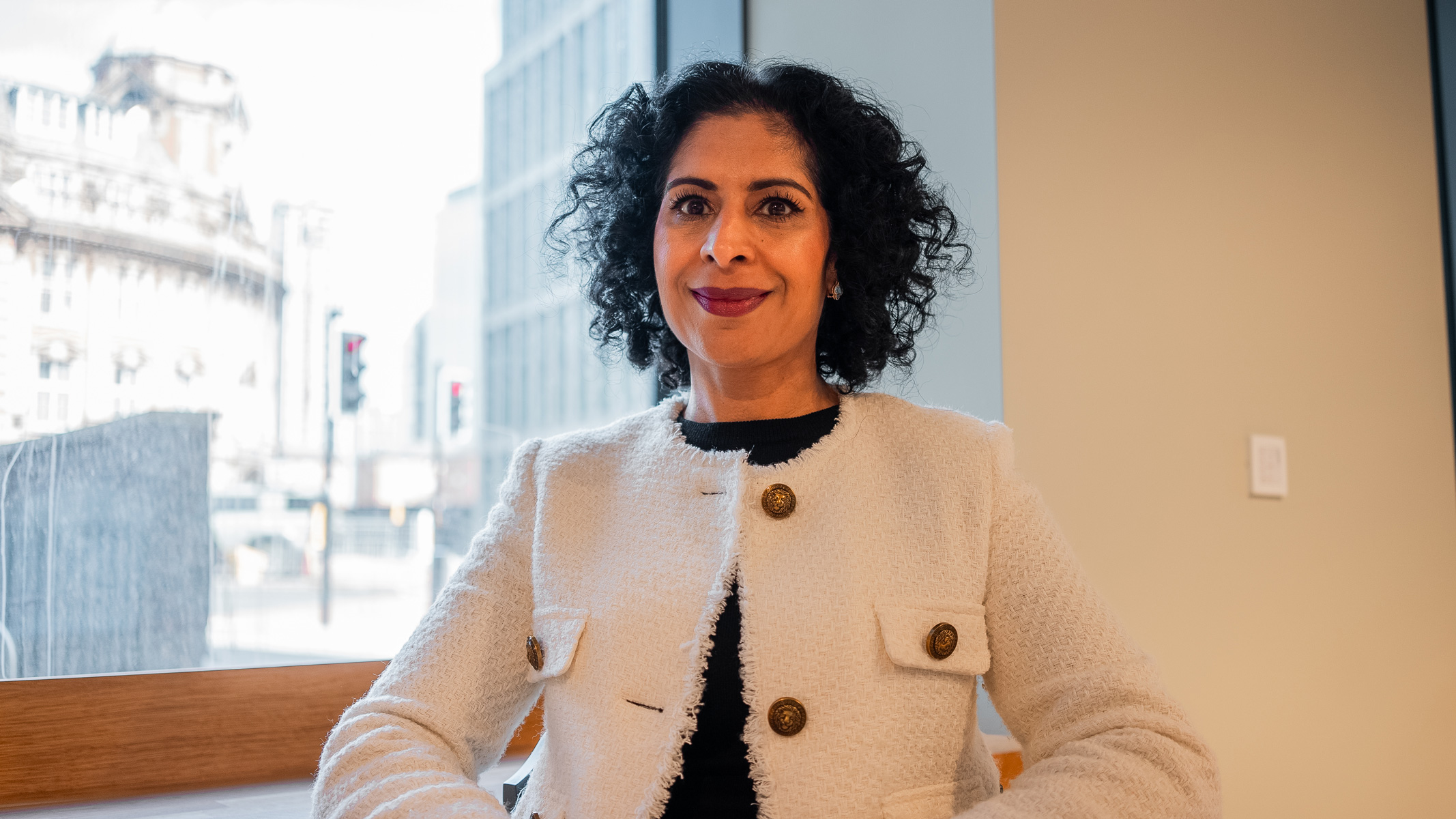Navigating the Phases of Menopause. Understanding the Stages
Unfortunately, menopause hasn’t changed with the same grace as women over time. There are three main phases of the process – Perimenopause, Menopause and Post-Menopause. There is an additional stage, Early onset of menopause known as Primary Ovarian Insufficiency.

Understanding Perimenopause.
Peri-menopause is the run-up to menopause, it often begins in the mid-to-late forties and is characterised by a decrease in hormone levels and slowing of ovarian production. As a result, some women experience irregular, unexpected and frequently uncomfortable periods – even more than they would during a regular cycle. Because the symptoms of perimenopause are so subtle, some women may not even be aware that they are going through this phase. This phase can last up to ten years and cause a variety of uncomfortable symptoms.
Insight into Menopause.
When a woman has not had a period for 12 consecutive months or longer without clear medical or physiological reasons, she is classed as menopausal. By the age of 55, the majority of women in the UK will have gone through menopause, this will differ based on race.
Life after Menopause
Is known as Post-Menopause, a period-free life. While it sounds wonderful, it represents a time when you are more vulnerable to long-term health issues including diabetes, osteoporosis and cardiovascular disease.
Exploring Primary Ovarian Insufficiency (POI)

Primary Ovarian Insufficiency (POI) is a condition that usually manifests before the age of 40. It is a condition in which the ovaries are not doing their regular function, in particular, two key events take place:
- The ovaries stop releasing eggs
- Hormones such as oestrogen and progesterone production start to fluctuate.
As a result, natural conception is difficult due to the irregular performance of the ovaries. Nonetheless, some people with POI can still have irregular periods, which could present a window of opportunity for getting pregnant.
POI is more common than you think. It occurs in 1 in every 100 women under the age of 40, 1 in 1,000 women under the age of 30 and 1 in 10,000 in their 20s. It affects approximately 5% of women before they reach the age of 45.

Book a consultation with us today
Symptom
Checker
Our symptom checker makes it easier for you to identify your symptoms and pinpoint whether menopause is the root cause of your issues, or if we need to refer you for further investigations.





